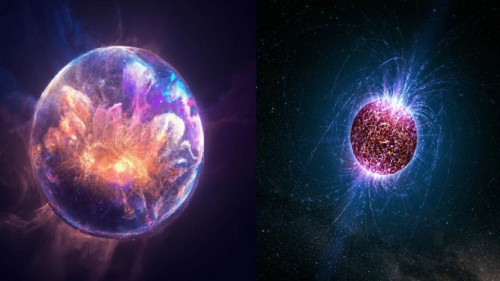Neutron-stars deform due to tidal forces as they coalesce, and this tidal deformability is modeled by a single parameter, to first order. The tidal deformability and NSs are able to be measured by advanced ground-based interferometers designed for observing gravitational waves (GWs) and can carry information about the neutron-star equation of state (EoS). Bilby is a popular software among researchers interested in performing Bayesian parameter estimation on GW data. To estimate the EoS from a binary neutron star merger, we create generic EoS models from which to sample. Then, we use Bilby to recover posterior distributions on the models’ parameters. To translate internal state properties (e.g. pressure, density, enthalpy) to macroscopic stellar properties (e.g. radius, love number, tidal deformability) we need to solve a series of differential equations known as the TOV equations. The current TOV solver employed by Bilby fails to solve these equations as parameters stray from conservative EoS values. The goal of my research this year, under Professor Leslie Wade, is to implement a more robust TOV solver (RePrimAnd) into Bilby, expand the EoS parameter space, make and investigate a phase-transition equation of state, and do EoS parameter estimation runs with these new implementations on real LIGO data (GW170817).
Join us on Friday, Sept. 22, for this final honors presentation of the semester presented by physics students pursuing honors. Lunch will be available in Hayes 216 from 11:45 a.m. to 12:15 p.m. and the presentation will begin in Hayes 211/213 at 12:10 p.m. Come and support your fellow physics classmates. We hope to see you there!
